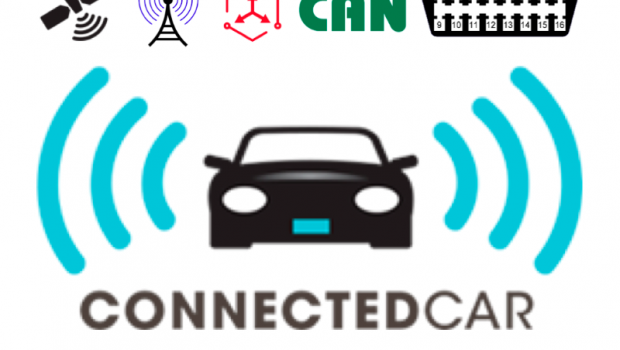Protecting Your Connected Car
With better mobile data coverage and wifi access spreading throughout the world, more and more car makers are taking advantage of the opportunities they bring. The latest “connected” cars join the Internet of Things, allowing you to do more than ever before – both from behind the wheel and when you’re miles away from your car. This new functionality isn’t without its risks, though; you need to make sure your connected car is safe from hackers and information theft.
Connected Cars: New Possibilities, New Threats
Auto manufacturers have provided a certain level of vehicle connectivity for many years, but the extent of what’s possible has exploded lately. The latest cars are equipped with connections that let them do anything a hand-portable mobile device can do. Streaming music, finding destinations, downloading directions, running apps – these are just a few of the possibilities. You can even issue instructions to your car remotely, from simply locking its doors to adjusting vital software settings.
Unfortunately, all of these brilliant opportunities also expose you to the risk of unauthorized, malicious intrusion. Hackers and thieves can gain access to your vehicle, steal information, or even disable it. In 2014, security consultants revealed just how disturbingly at-risk connected cars were by highlighting vulnerabilities in Tesla’s advanced Model S sedan.
Your Responsibilities As An Owner
Just like any other vehicle, a connected car needs to be protected. You may need to take some extra steps and cultivate some new habits to do this properly. Professionals are already adding connected car security to driving instruction programs; in many classes on defensive driving El Paso TX motorists are being taught these four key principles:
1) Review Information Security Issues Before You Buy
When you decide to make your next vehicle a connected one with direct onboard Internet access, you need to bring up information security with your dealer. Ask how – and how often – the car communicates remotely. Get a thorough explanation of the security features which are used both within the car itself and on the servers it sends data to. Unwanted intruders could exploit vulnerabilities in either area to steal your data or gain access to your vehicle and all the information its computers hold.
Although you should not consider information security to be a top priority in picking a connected car, you definitely want to learn as much as possible about it before making your final decision. If your dealer is unable to provide as much information as you’d like, contacting the manufacturer directly or reviewing their website may help.
2) Comply With Recalls And Updates
Thanks to the ever-expanding role of electronic control units (ECUs) in modern automobiles, software vulnerabilities are becoming as common and serious as mechanical faults. A growing number of manufacturer’s recalls are issued not due to equipment problems but due to software issues. Pay attention to all recall notices you receive for your connected car and visit your dealer promptly to have software problems fixed.
Many connected cars rely on over the air (OTA) updates to keep their software and firmware running properly. You should always download and install updates, patches, and bug fixes that come from your vehicle’s manufacturer. This is one of the strongest methods automakers have of securing your car’s information systems after you’ve purchased it.
3) Use Common Sense Information Security Measures
Because a connected car is capable of doing just about anything a smartphone or computer can do, you need to exercise the same sort of basic security precautions you use in your other online activities. Use strong passwords to access car-related apps and services and change them regularly. Do not share any of your login information with others unless you trust them entirely. Take the time to research potential security issues before you install a new app or connect a third-party device to your car.
4) Don’t Jailbreak Your Car
Most connected cars, like mobile devices, are locked into using certain software by their manufacturer or vendor. It’s become popular to circumvent this restriction on smartphones and tablets through a process called “jailbreaking.” Although this allows you to exercise more control over the software running on a device, it also opens up many security vulnerabilities.
Do not install software or apps on your connected car that are not approved by the manufacturer. Do not try to replace manufacturer-supplied software with third-party replacements. The chief risk here is that loading unauthorized software into your connected vehicle may render it unable to receive future security updates from the manufacturer.
While it can’t be denied that giving your vehicle access to the Internet presents a potential hazard, you don’t need to forego all the great features offered by connected cars out of fear of hacking. Just develop some basic information security habits and you’ll have no trouble protecting yourself from all but the most determined intruders.















